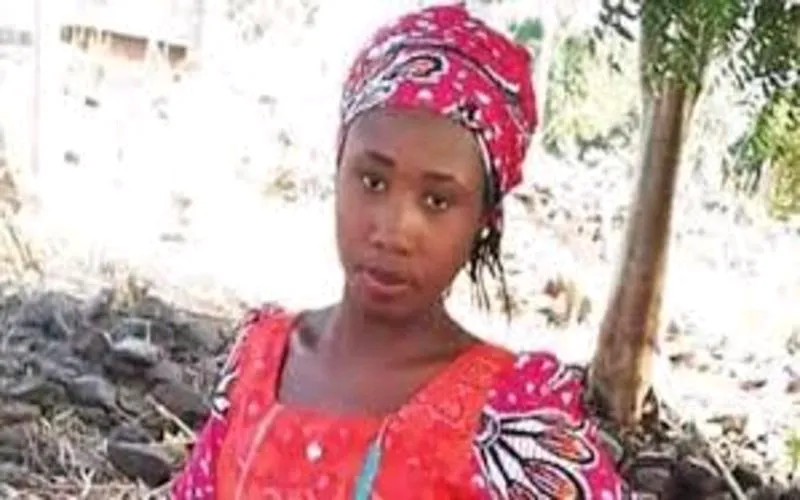Lagos, 22 February, 2021 / 8:15 pm (ACI Africa).
Three years after Leah Sharibu was abducted from her school in Dapchi in Yobe State within Nigeria’s Catholic Diocese of Maiduguri, the Archbishop of Lagos has called on the country’s Head of State to “do all in his power … to secure her release.”
In a Saturday, February 20 statement by the Director of Social Communications of Lagos Archdiocese, Fr. Anthony Godonu, Archbishop Alfred Adewale Martins says “it is sad” that the Nigerian school girl is still in incarceration three years after she was kidnapped by Boko Haram insurgents.
Archbishop Adewale urges President Muhammadu Buhari to “do all in his power as the Commander-in-Chief of the Armed Forces of Nigeria, the one from whom all other security agencies take their orders, to secure her release.”
Leah is among the 110 girls abducted from the Government Girls' Science and Technical College (GGSTC) Dapchi in Yobe State by members of the Boko Haram militia on 19 February 2018.
While most of the girls were released the following month, on 10 March 2018, Leah, aged 14 at the time of her kidnapping, did not regain her freedom for reportedly refusing to convert to Islam. Five other girls died while in captivity, according to reports.








